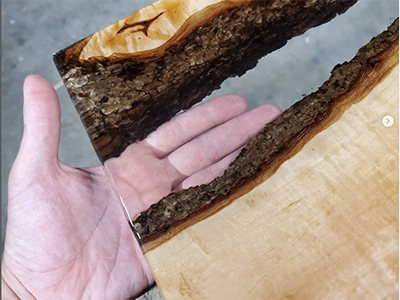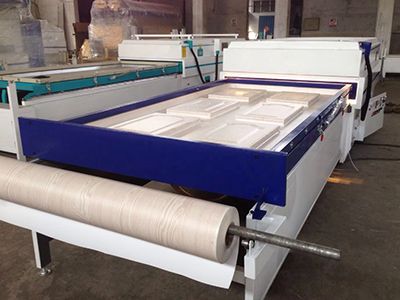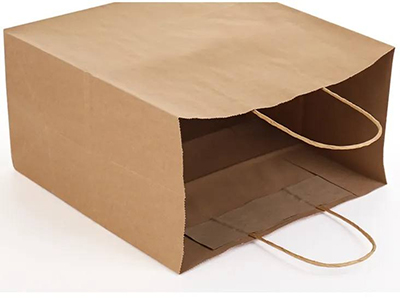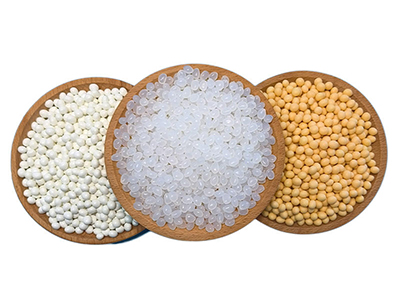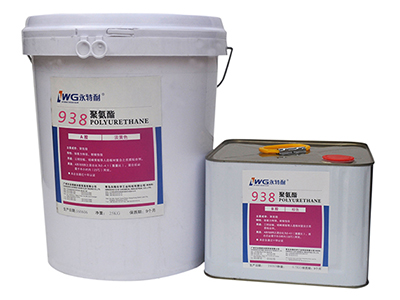The lifespan or shelf life of epoxy glue can vary depending on several factors, including the type of epoxy, storage conditions, and whether the epoxy is already mixed or not. Here’s a general guideline:
- Unmixed Epoxy Resin and Hardener (Separate Components): Unmixed epoxy resin and hardener typically have a relatively long shelf life, often several years. If stored properly in sealed containers and kept in a cool, dry place, they can remain usable for an extended period. However, over time, the viscosity and effectiveness of the epoxy components may gradually decrease. It’s a good practice to check for any changes in consistency or color before using them, and if in doubt, replace them with fresh epoxy.
- Mixed Epoxy: Once epoxy resin and hardener are mixed, their pot life, also known as working time, is relatively short. Depending on the specific epoxy product, this working time can range from minutes to hours. Once the pot life is exceeded, the epoxy begins to cure and harden, and it cannot be used for bonding or coating. Properly mixed epoxy should be used within the specified pot life to ensure a strong and reliable bond.
- Cured Epoxy: Once epoxy has fully cured, it can last for a very long time, often decades, without degrading significantly. Cured epoxy is highly durable and resistant to environmental factors such as moisture, temperature changes, and UV exposure. However, it may yellow or become brittle over time if exposed to prolonged UV radiation.
To extend the shelf life and lifespan of epoxy glue:
- Store epoxy components in their original, airtight containers to prevent moisture from entering.
- Keep the containers in a cool, dry place, away from direct sunlight and extreme temperatures.
- Ensure that the containers are sealed tightly after each use to prevent air from entering, which can cause premature curing.
In summary, epoxy glue can have a long shelf life when stored properly in its separate, unmixed components. Once mixed, it has a limited working time, and once cured, it can last for a very long time, provided it is not exposed to harsh environmental conditions. Always refer to the manufacturer’s recommendations and specifications for the specific epoxy product you are using for more precise information regarding its shelf life and usage.


